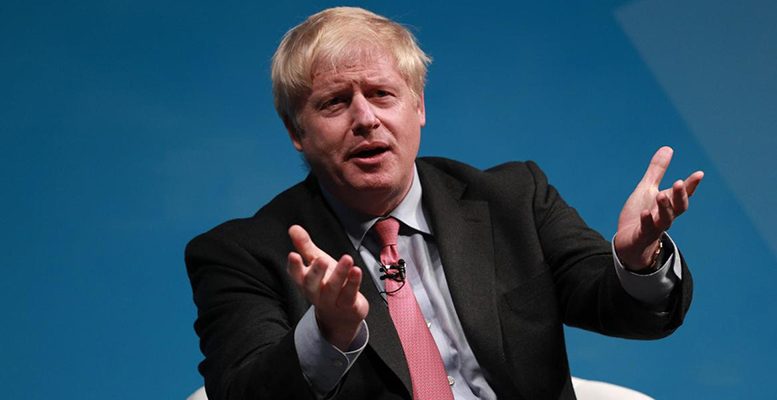D. A. Meier (Julius Baer) | Based on a lead in polls, a Conservative majority is highly likely. Labour’s socialist manifesto seems too radical to spur a full catch-up. A hung parliament remains a considerable risk. After a Conservative victory, a moderate fiscal boost could limit the Brexit fallout. After a Labour win, its political agenda could erode its huge fiscal spending plans, despite a softer Brexit.
Ahead of the 12 December snap general election, the Conservatives enjoy a comfortable lead in polls, which has increased of late, while Labour has begun to trend up and is holding its distance. Ahead of the 2017 elections, the presentation of the Party manifestos was the starting point of Labour’s catch-up, resulting in Conservative seat losses. This time round, Labour’s aggressive socialist manifesto questions the repetition of such a coup. This goes beyond traditional left policies, such as the redistribution of wealth through higher taxes for the rich, by promising a dramatic nationalisation of basic services (postal, railways, energy and water).
While radical policies are popular among far-left voters, they could frighten away moderate voters. We believe a Conservative majority remains a highly likely scenario, but expectations of this outcome could be overdone. The Brexit Party’s withdrawal from Conservative constituencies indeed helps the Conservatives defend those seats but hardly helps them win additional ones. Therefore, a hung parliament remains a considerable risk.
The parties’ fiscal plans also deserve a closer look, as they promise a shift away from fiscal austerity. Boris Johnson’s tax cuts and public spending until 2024 unveil a potential clash with his Chancellor of the Exchequer Sajid Javid, who has pledged to stick to fiscal discipline. Nevertheless, while a Conservative win promises an orderly Brexit by the end of January 2020 (“Get Brexit done!”), a fiscal boost could offset some of the growth headwinds due to the yet unknown final UK-EU trade relationship and support a further GBP recovery. Labour promises a massive increase in public spending, and the boost to growth could be dampened by slumping investments, given higher taxes and nationalisation. The potential from Labour’s softer Brexit course, or a second referendum, would hardly result in stronger growth, and the GBP could see a new markdown in the place of a Brexit markdown.





